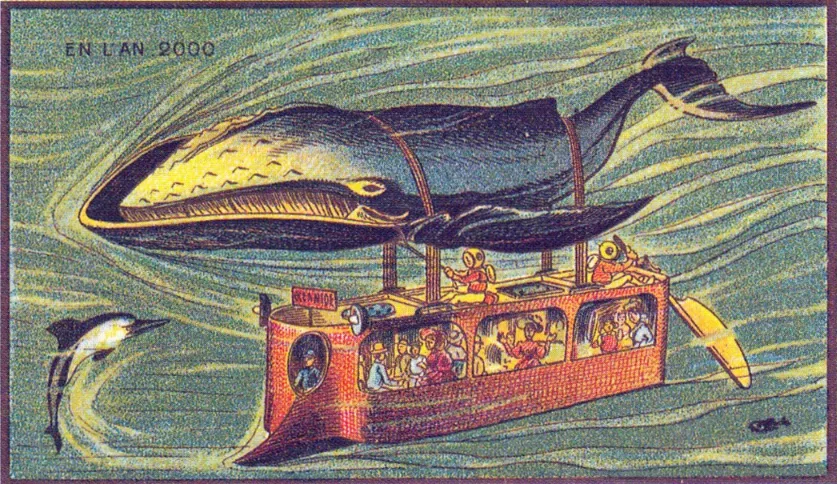Err on the side of thinking your stuff is interesting 🐋
Talking Big Ideas.
This week’s guest columnist is Étienne Fortier-Dubois.
He writes with an authenticity I admire, conversationally exploring ideas integrating philosophy, psychology, science, rationalism, and progress studies. Today’s piece is a delightful nudge to have confidence in following your curiosity as you connect with people and share what you’ve been learning.
I encourage you to check out Étienne’s Substack, Atlas of Wonders and Monsters, where today’s piece was previously published. You can also follow Étienne on Substack here.

You’re sitting in a math class in university. The professor is writing a proof on the blackboard.
You’re extremely focused. The logic is spelled out with perfect clarity. Each step makes sense.
Then, the instructor utters a word — perhaps “obviously” or “trivially” — and proceeds to write the last line of the proof.
You blink once.
Twice.
You read the result a couple of times. You frown. It doesn’t make sense anymore. Something happened between the last two lines of the proof, but you have no idea what.
This proof wasn’t obvious to you. It certainly wasn’t trivial. You glance around, and to your relief, you see you’re not alone. Your classmates keep silent, but they look confused too.
The instructor has overestimated the obviousness of the proof.
And so does everyone, all the time, with everything.

What does it mean for a piece of information to be obvious?
Most of the time, it really just means that the information is known. Once you learn that the sky is blue, or that the Earth is round, or that the largest mammal to have ever lived on Earth is the blue whale, then these facts sound obvious to you. No one can impress you by telling you these things anymore.
Since most things aren’t known by most people, universally obvious facts are rare. The only true candidates are probably very basic facts about human biology and the natural world, such as “I can see stuff only if I open my eyes.” And even then, that’s obvious only to humans. To an artificial intelligence, learning to open whatever “eyes” it has may not be trivial.
For everything else, obviousness is a function of who’s listening.
If you’re a math or marine biology teacher at a university, you can consider “2 > 1” and “whales are related to dolphins” to be obvious. Your students know this. But some more advanced concepts won’t be that obvious to them. Since by definition you know more math than your students, many things will sound more obvious to you than to them. (This is often called the curse of knowledge.)
To a large extent, it is your job to be aware of the gap between your students’ knowledge and your own, so that you can pick the right things to teach. It can’t be too obvious, or it’ll be boring. And it can’t rely too much on non-obvious other things, or it’ll be confusing. The golden middle is that thin layer of information that lies just outside of what your students know.
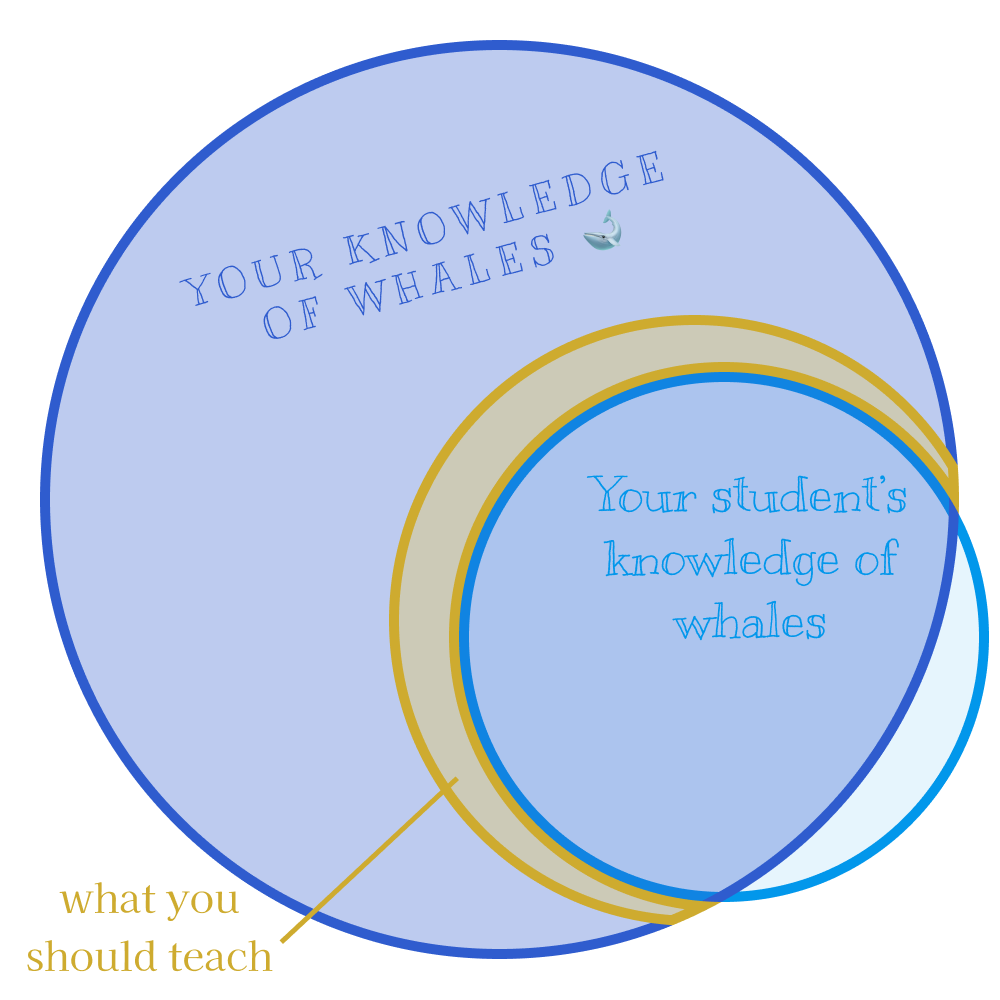
To aim for the golden middle, you need to estimate your audience’s knowledge. Fortunately for you as a hypothetical math teacher, that’s not too hard in the context of a classroom. Standardized tests and prerequisite coursework are your allies: they ensure a baseline that you can build on. Misreadings can still happen, like in the math proof example above, but the system is tuned to minimize them.

Now let’s generalize to the larger group of people who publicly express facts and opinions — writers, journalists, podcasters, social media users, youtubers, and other communicators. We’ll take writers as an example.
In most cases, your audience as a writer is less easy to characterize as it is for a teacher. Even if you write about a very niche topic, such as the bone structure of a particular cetacean ancestor fossil, you will likely be read by both novices and experts. You are, of course, allowed to decide that your entire audience is made up of experts, but even then, the curse of knowledge is likely to make you overestimate what those experts know. In practice, it’s very often the case that you are the most knowledgeable person on the topic you’re writing about, simply thanks to the extra familiarity you gain from the writing process.
And if your work is less specialized, or more widely distributed, estimating your audience’s knowledge gets even harder. At worst, all you know is that they can read your language.
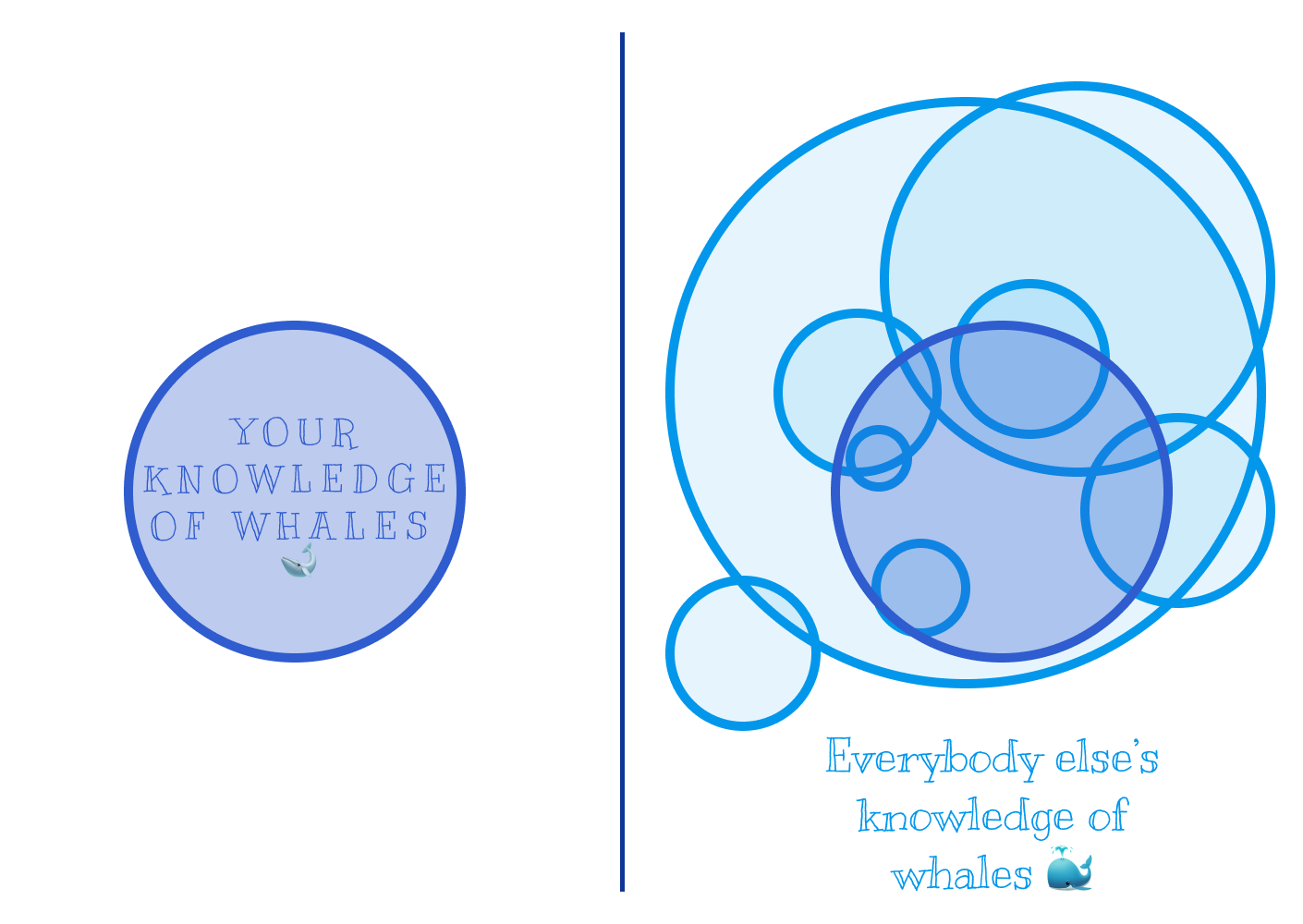
And when you can’t get a precise estimate, you start worrying. Are you, you nervously wonder, in that golden middle between confusing and boring?
Worry about being too confusing is easy enough to defeat: you can simply put in a little more effort in making sure your writing is clear. (Problems of confusion usually arise when writers aren’t self-aware enough to even worry.) But worry about being too boring is pernicious, because usually leads to not writing at all. Very often, we (incorrectly) decide that an idea isn’t interesting enough for us to write about.
This is something I’m often concerned with. Whenever I have an interesting fact or idea to share — such as this very essay — I’ll have thoughts along the lines of: “This is obviously true. Why am I wasting my and my readers’ time writing about it?”
Just writing this down makes it painfully obvious that it’s wrong almost all the time. There’s plenty of stuff I don’t know but that would feel obvious to many others. If those people don’t even tell me about it, how will I ever learn? And yet the fear of being uninteresting is powerful. It’s all too easy to err on the side of worrying too much; of never saying anything worth saying, because you’re afraid it’ll be obvious and boring.
Perhaps not every writer needs to worry about this. Maybe your problem is that you underestimate obviousness, say lots of things that are self-evident to your readers, and should consider shutting up a little.
But I think overestimation is a more widespread problem than underestimation. The reason is simple: often, the main evidence we have about other people’s knowledge is just our own knowledge. Psychology has a word for this: projection bias. We tend to project onto others and assume they are more similar to us than they truly are. I know that killer whales are a social species and have cultural fads; if you’re a stranger, it’s safest to assume that you know, too.
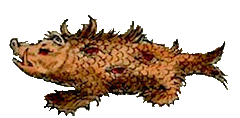
To help me deal with this concern when writing, I came up with some rules. All of them boil down to “don’t worry about sounding obvious,” but that’s too generic. So here are six more specific ways to assuage your fears:
1. If you’ve never heard anyone say it, and you can’t find anything when you google it, and you share it with a professor in the field and they say, “wow, I’ve never thought of this before,” then it’s not obvious
Congratulations! You’ve generated a new idea. This is extremely rare. Quick, write a paper, book, or blog post before someone else comes up with the same thing.
2. If you’re hesitating about whether it’s obvious, then it’s not obvious
If it were obvious, you’d obviously know, wouldn’t you?
Well, not necessarily. I can come up with a contrived counterexample. Imagine that everyone in your audience has seen a cool tweet about cultural fads in killer whales that you haven’t. You’ve found out about killer whale fashions from another source, and decide to to tweet what you believe is a mind-blowing insight, and… it turns out it isn’t. It was obvious to everyone, but you couldn’t know that.
I think such situations are fairly rare, especially if you’re the curious type or are reasonably well informed. Most people don’t know most things. So I claim that my heuristic is useful. If it’s not obvious to know that something is obvious, then it’s not obvious.
3. If you were excited enough to write about it at some point, then it’s not obvious
If you took the time to write something, you must have thought it was interesting. Chances are that others will, too.
Even if you don’t find it interesting now, after writing it, consider that there are tons of people who have not just written about this topic, and are therefore as excited to learn as you were not long ago.
4. If you learned it by following your own curiosity, or by doing something unusual, then it’s not obvious
At the risk of sounding obvious: Everything you know, you had to learn.
If you learned something by following your interests, perhaps going down a Wikipedia rabbit hole, or a YouTube spiral, then it’s likely that others haven’t. If you’ve learned it doing something that most people haven’t done, like travel to an unusual country or work on a whaling ship, then you can be fairly sure lots of people don’t know about that.
Either way, you’re qualified to share the knowledge with the world.
5. If you’re learning it right now, then it’s not obvious
At the time of writing the first version of this essay, I wanted to reference a particular picture I had seen, but couldn’t find. I made a rather imperfect imitation from memory. Now I am pleased to say I have found the original source. It was from a tweet by @sarahdoingthing:
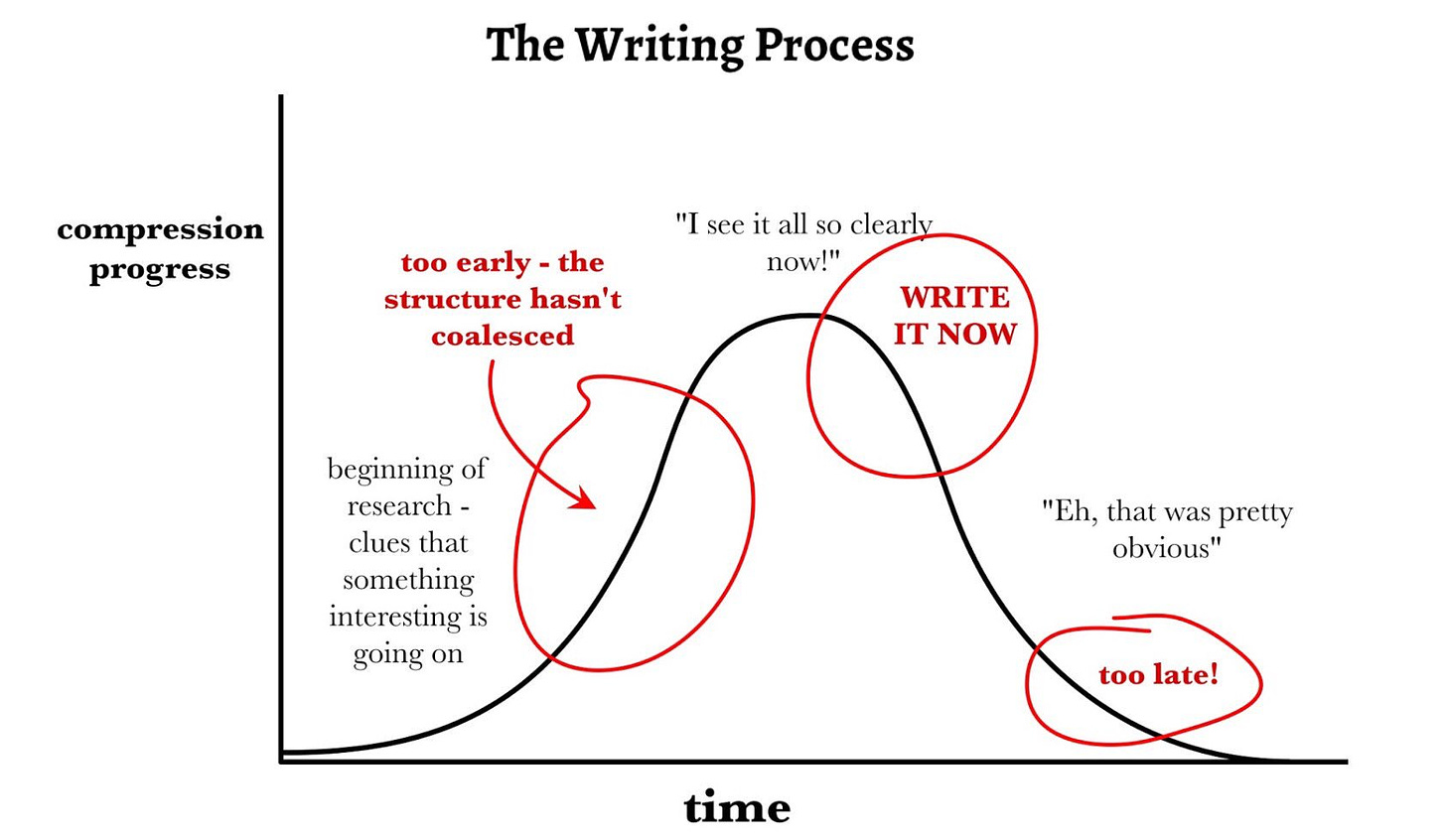
When you know a lot, a topic may sound obvious and boring to you. When you know very little, you won’t feel qualified. In both cases, you won’t be inclined to write or tell people about it.
This is essentially a version of the Venn diagram above, but for a single person over time. What you want is to hit the sweet spot in the middle. Guessing where you are on the curve is not always easy, but a simple trick is to share as you learn. As soon as you feel you know enough, write about it, before you reach the right side of the peak. It’s almost guaranteed that many people are just to your left, and will enjoy being brought along.
6. If it sounds obvious but you’re combining it in a non-obvious way, then it’s not obvious
Here are two obvious statements:
- Whales are mammals.
- Milk can be used to make cheese.
We combine these two statements, and voilà, we get something much less obvious: cheese made from whale milk is a thing — or, at any rate, a theoretical possibility. I don’t know about you, but I have literally never thought of whale cheese until I came up with this example. (I wouldn’t say I’m keen on trying any, though.)
Thus the common, but true, advice: it’s far easier to combine existing ideas than to generate new ones. In fact, it seems plausible that all new ideas are remixes.
Note that the rule also applies to combining an obvious idea with a non-obvious one. The beauty here is that the non-obvious idea can be as simple as some personal story. “Love hurts” is obvious to most, but we still enjoy stories that combine it with personal details which are less obvious.

I wrote this essay, back in 2020, as a way to deal with my own insecurities. At that time I was new at publishing stuff online, even on social media, where I had mostly been a lurker for the previous 10-15 years.
Today I can confidently say that the insecurities have been dealt with. The rules have helped. But really, the only cure is to say things, notice when people find that interesting, and then integrate the feedback to refine your ability to say interesting things. There’s no substitute for practice.
But if you struggle to even get started with practicing the craft of saying interesting things, remember: nothing is inherently obvious. And even when things feel obvious, you’re probably overthinking it. Just say the thing.
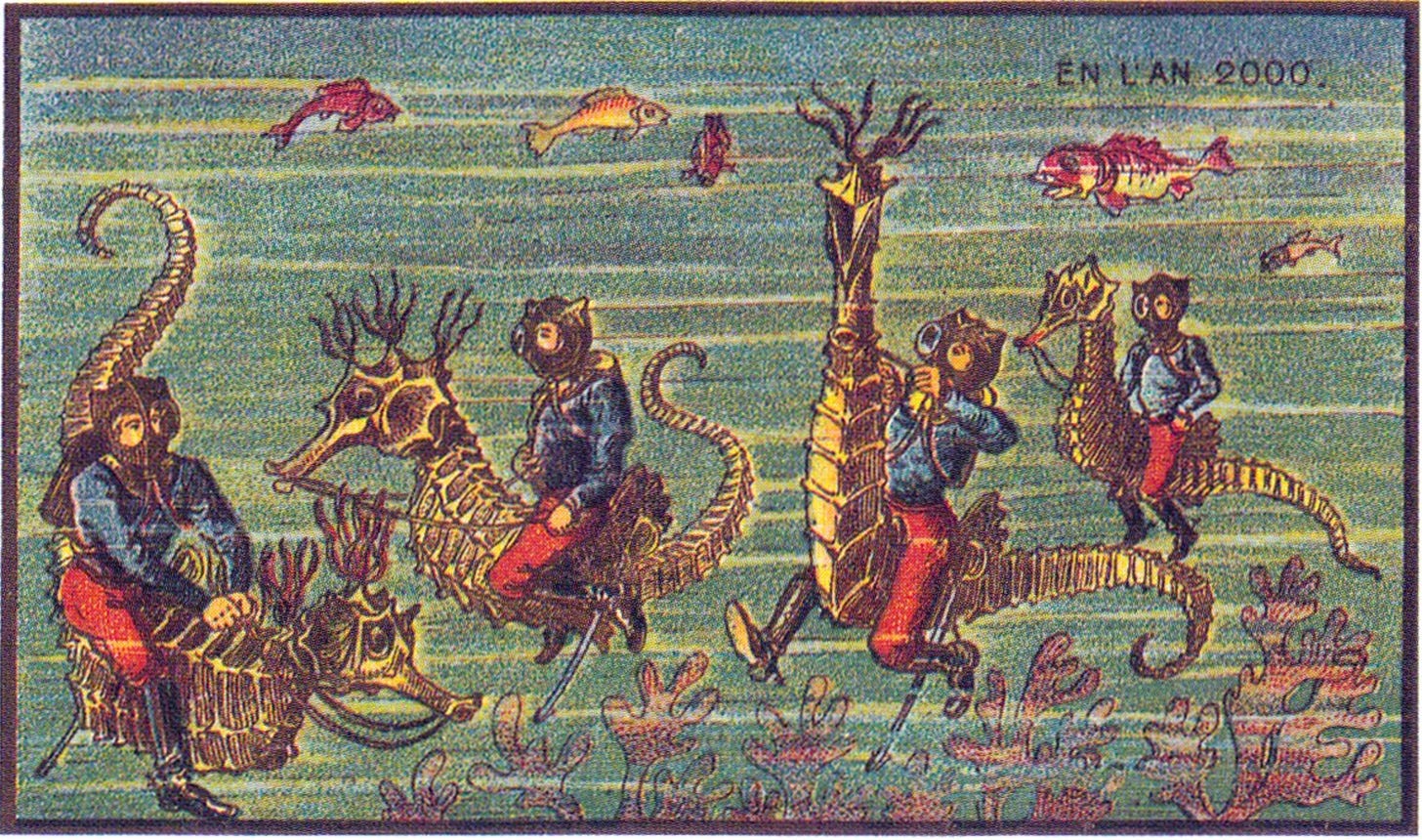
If you’d like to read more from Étienne, subscribe to his Substack here.

